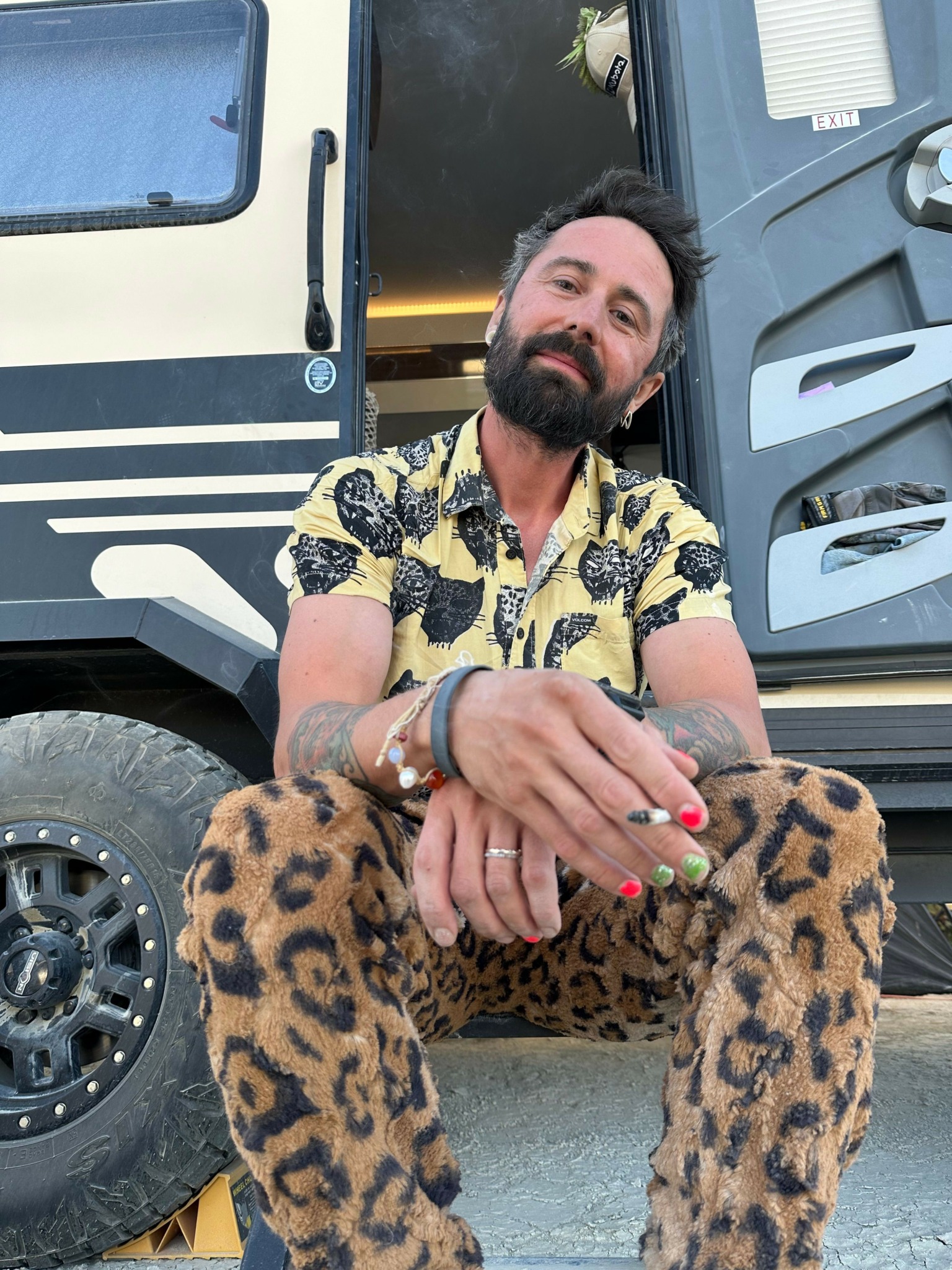We’re excited to introduce you to the always interesting and insightful Arseniy Grobovnikov. We hope you’ll enjoy our conversation with Arseniy below.
Arseniy , appreciate you joining us today. Let’s start with what makes profitability in your industry a challenge – what would you say is the biggest challenge?
I’ll answer as a photo/video studio owner—this has been a pretty successful business for me so far.
I started it right at the end of the COVID lockdown in 2020. It was definitely a risky move, as the entire industry was still essentially shut down. Even though the official lockdown had ended, it was still hard to find professionals and materials because many businesses remained closed. On the upside, I got a great deal on the rent. It was more profitable for the landlord to rent it out cheaply than wait for things to return to normal. That gave me the chance to ease into the business and figure things out gradually. I had never owned a business before and only had experience in photography and film. But my gaffing background helped a lot—my focus was on lighting and high-quality gear from day one.
Flexibility in the business plan and openness to change allowed me to go with the flow and adapt. Initially, I expected to get more bookings for film and interviews, but it turned out that music videos were in high demand, especially among lower-budget productions that needed an affordable but professionally equipped space. Since I was running the whole business myself, I could pivot quickly and grow in response to that demand.
From working in various studios, I always wondered why they didn’t have pre-rigged lighting setups. Every time, it took hours to set up and tear down gear—even though most setups looked pretty similar. So I created an advanced but user-friendly lighting system with wireless iPad control and built-in lighting scenes. This allowed even non-professional cinematographers to press a button and get a look that resembled a high-budget music video. It was a big hit and brought in a lot of returning clients. I found a strong niche, which was eventually copied by other studios in the city. But because I had a head start, I was able to keep improving and stay ahead of the curve.
Customer service is extremely important in this business. I focused a lot on building relationships—helping clients with lighting, making sure everyone felt comfortable and taken care of. That attention creates trust and loyalty, and it keeps people coming back.
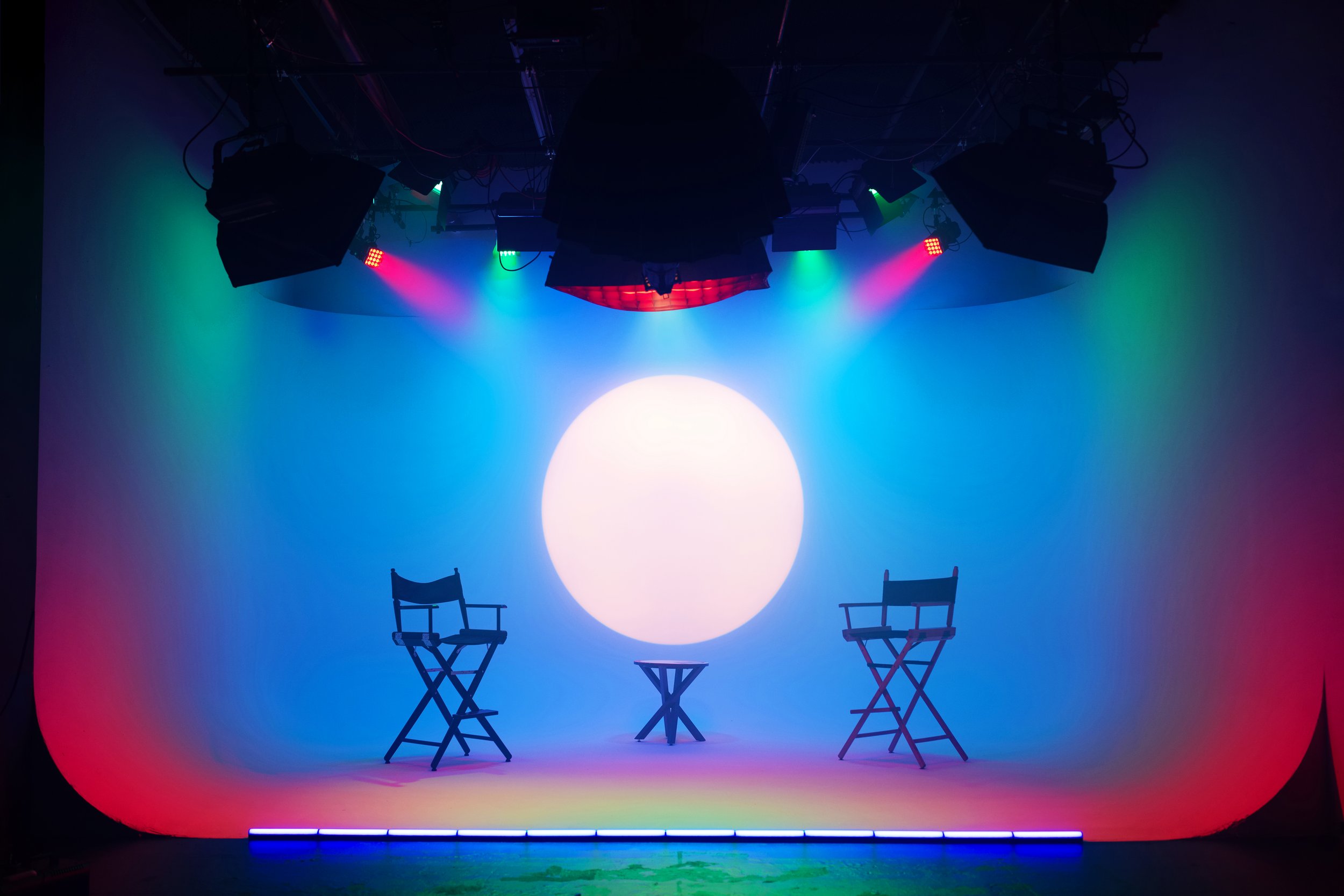
Arseniy , before we move on to more of these sorts of questions, can you take some time to bring our readers up to speed on you and what you do?
I grew up in Moscow, Russia. When I turned 30, I moved to New York, enrolled in film school, and went on to work in the film industry for several years. As I gained more experience and a deeper understanding of the industry, I realized I wanted to start something of my own—a studio business that could reflect both my creative values and technical background.
The COVID period, despite all its challenges, gave me a chance to slow down, reassess my goals, and take that leap. Looking back, I couldn’t be happier with that decision. Running my own studio has brought me more flexibility, a better work-life balance, and a significantly improved income.
My goal was to fill a gap I saw in the market—between low-end, amateur setups and large, expensive studio spaces. I wanted to create something accessible, especially for beginners and independent creators, where their work could look professional even on a limited budget.
A key feature of the studio was the lighting system I built myself—using high-quality film lights I began collecting while working as a gaffer. At the time, it was a unique setup, offering users simple, pre-rigged lighting scenes controlled wirelessly. That innovation helped set the studio apart and drew in a wide range of loyal clients.
I’m proud to say I made it in New York—and that I built it all on my own. I believe my clients really value the personal attention and hands-on help they receive when working in the space. And I genuinely enjoy being part of their creative process. I’m open, approachable, and always happy to share what I’ve learned.
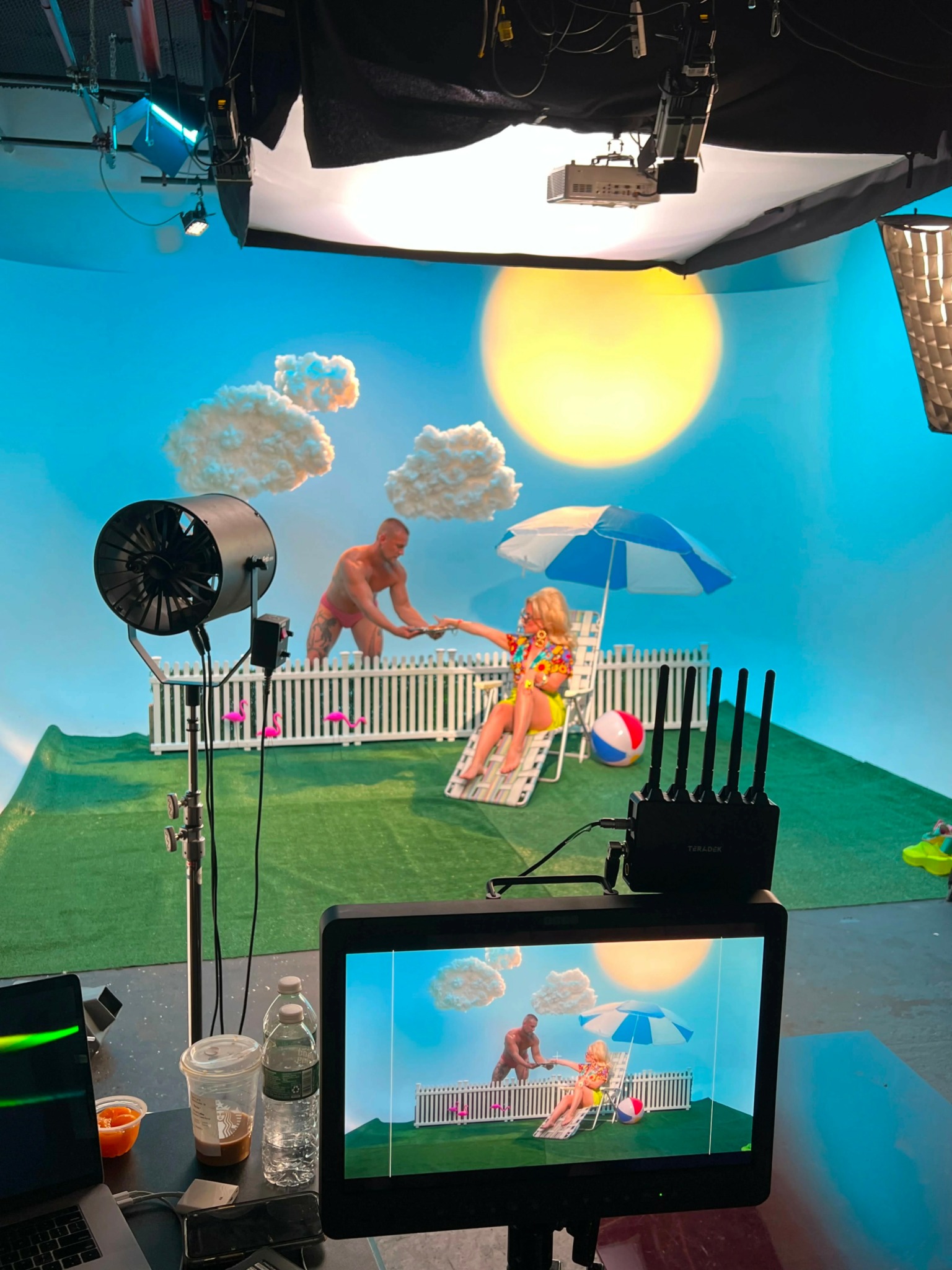
What’s a lesson you had to unlearn and what’s the backstory?
I think the biggest lesson was that running a business doesn’t have to look the way I once imagined. Doing everything on my own, with my own money, removed the pressure to create a detailed business plan or rely on investors and outside opinions to make important decisions. I had a clear vision in my head and stayed open to letting things evolve naturally. Another key takeaway was the importance of adapting to demand and accepting that things might not go as planned. In fact, the unexpected path ended up being more successful—and far more interesting—than anything I originally envisioned.
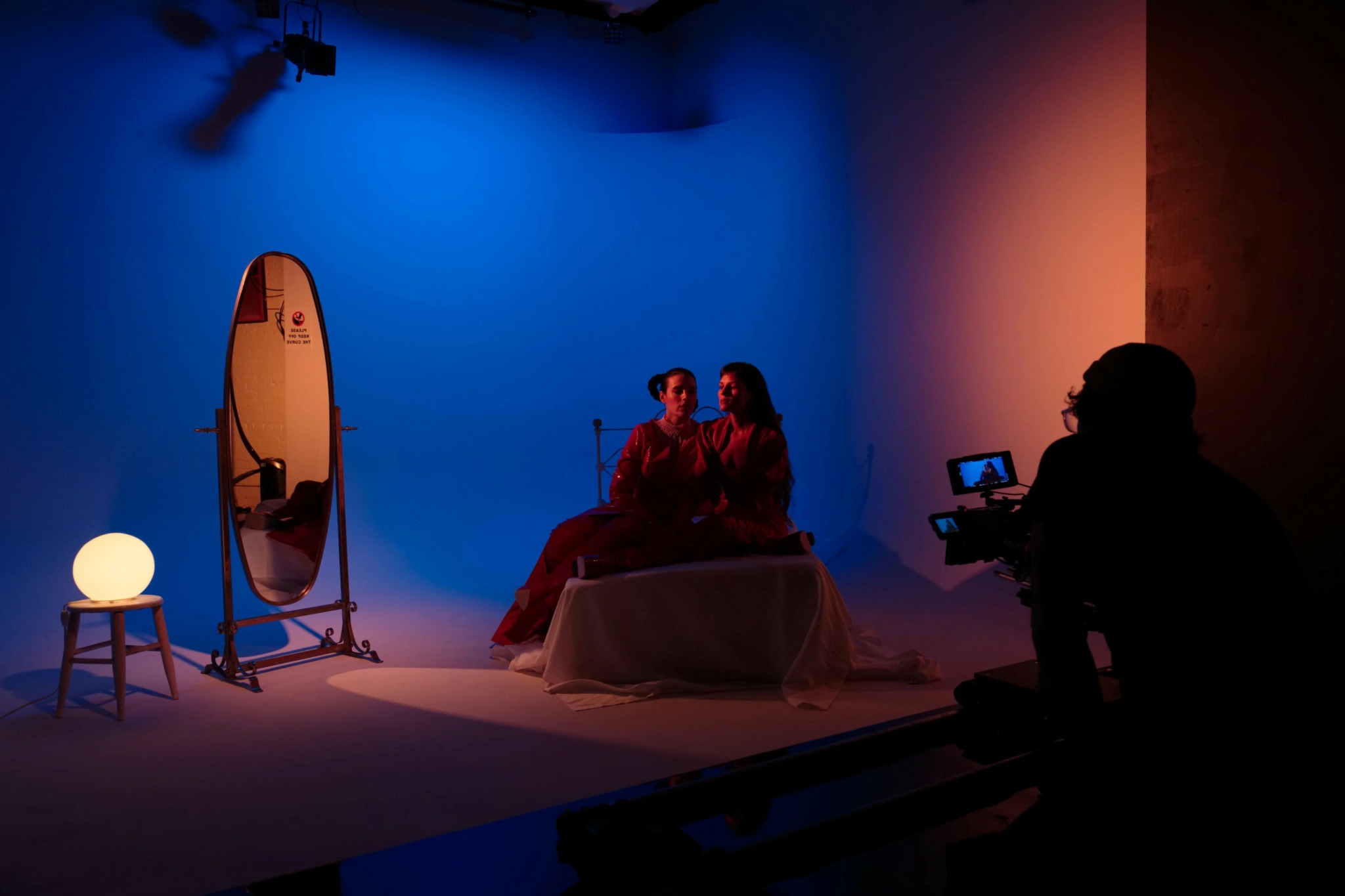
Have you ever had to pivot?
My life took an unexpected turn when I went to Burning Man and met my future wife there. We knew we wanted to be together and decided we’d figure out the rest as we went. At the time, she lived in Reno, Nevada, and I was based in New York.
After driving across the country to visit her, I fell in love with the high desert landscapes—and realized that moving to Nevada just felt right. So I did. We got married at Burning Man exactly one year after we met, and now we’re expecting a baby girl.
I had to leave my studio business behind, but I was lucky to have a close friend step in. He took over with a fresh perspective and new energy. The studio is now doing better than ever, and although I gave up a significant portion of my income, I still receive about a third while managing things remotely.
It’s been a trade-off—less money, but more freedom. Now I have time to focus on my family and start building an off-grid homestead. I wouldn’t change a thing.
Contact Info:
- Website: https://stoodio.one/ https://grobovnikov.com/
- Instagram: @stoodio.one @grobovnikov
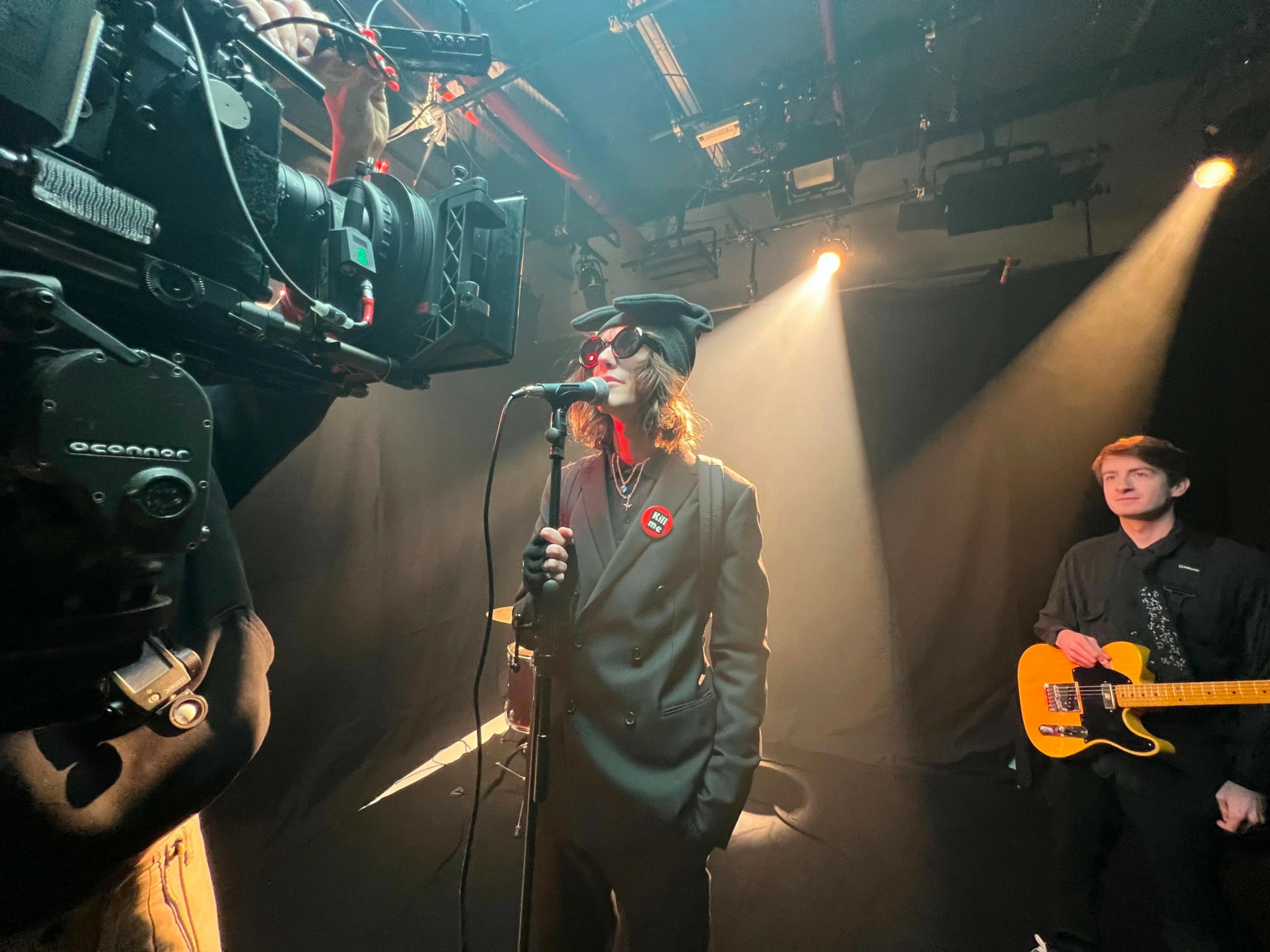
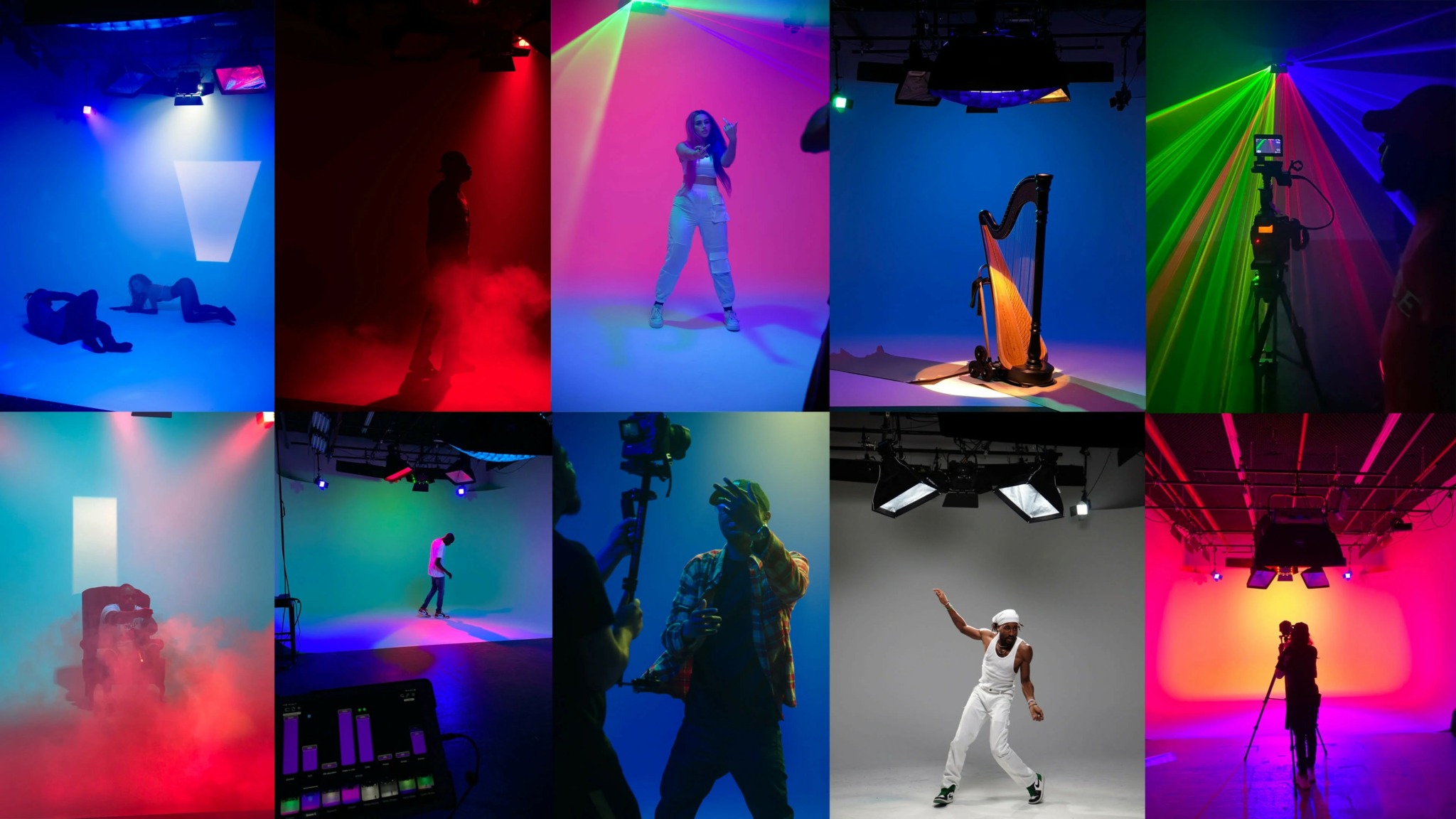
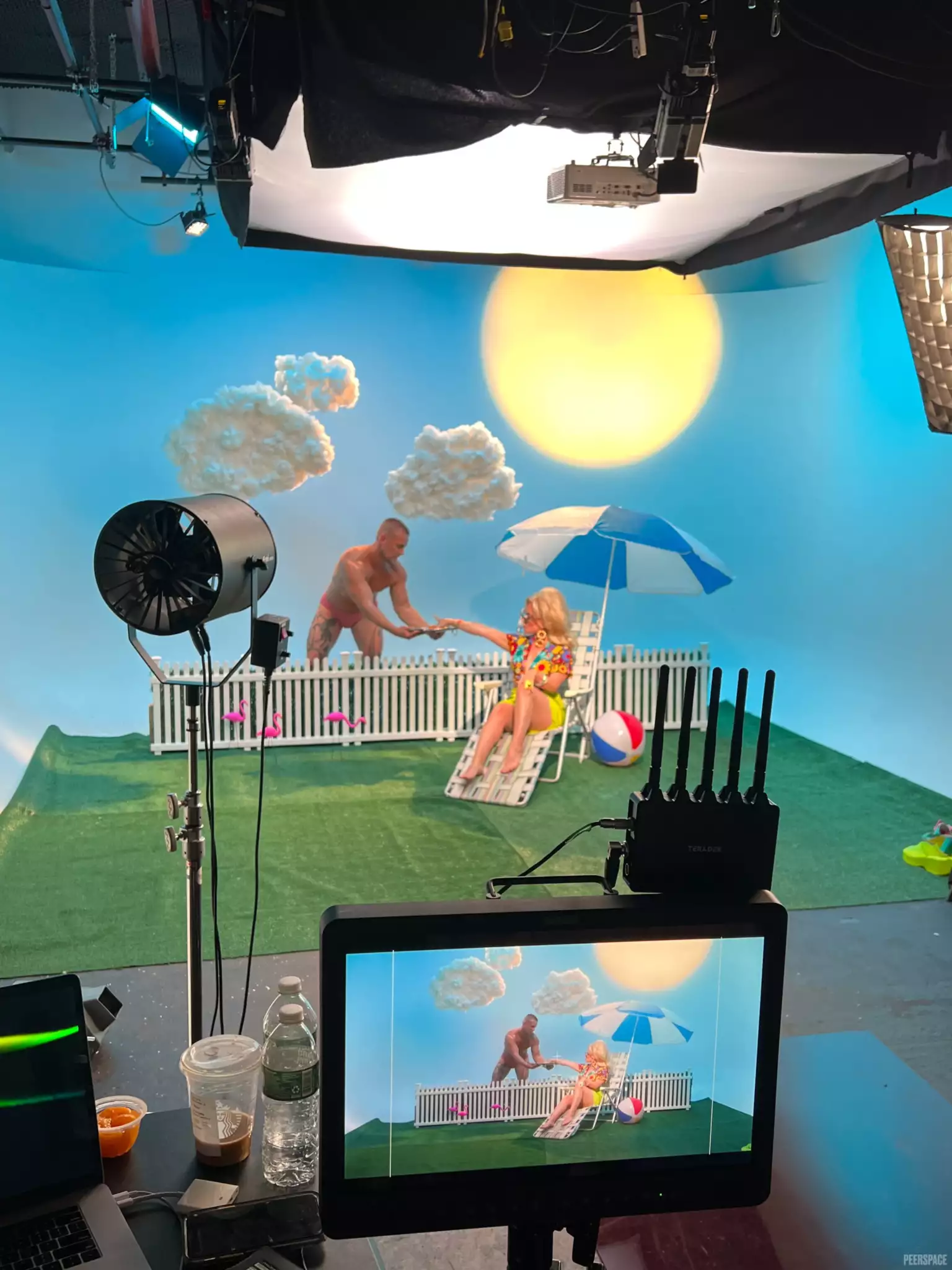
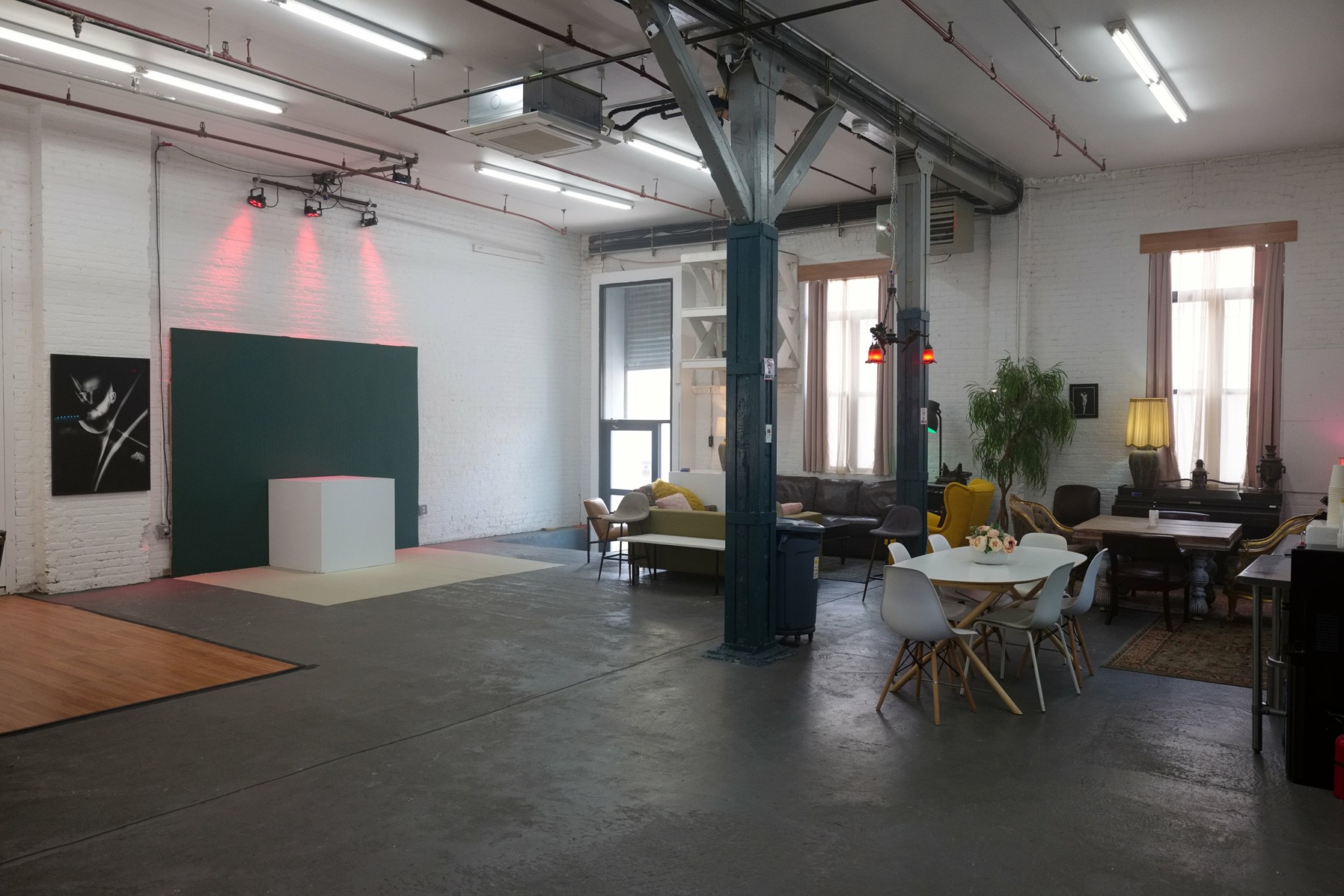
Image Credits
Arseniy Grobovnikov


